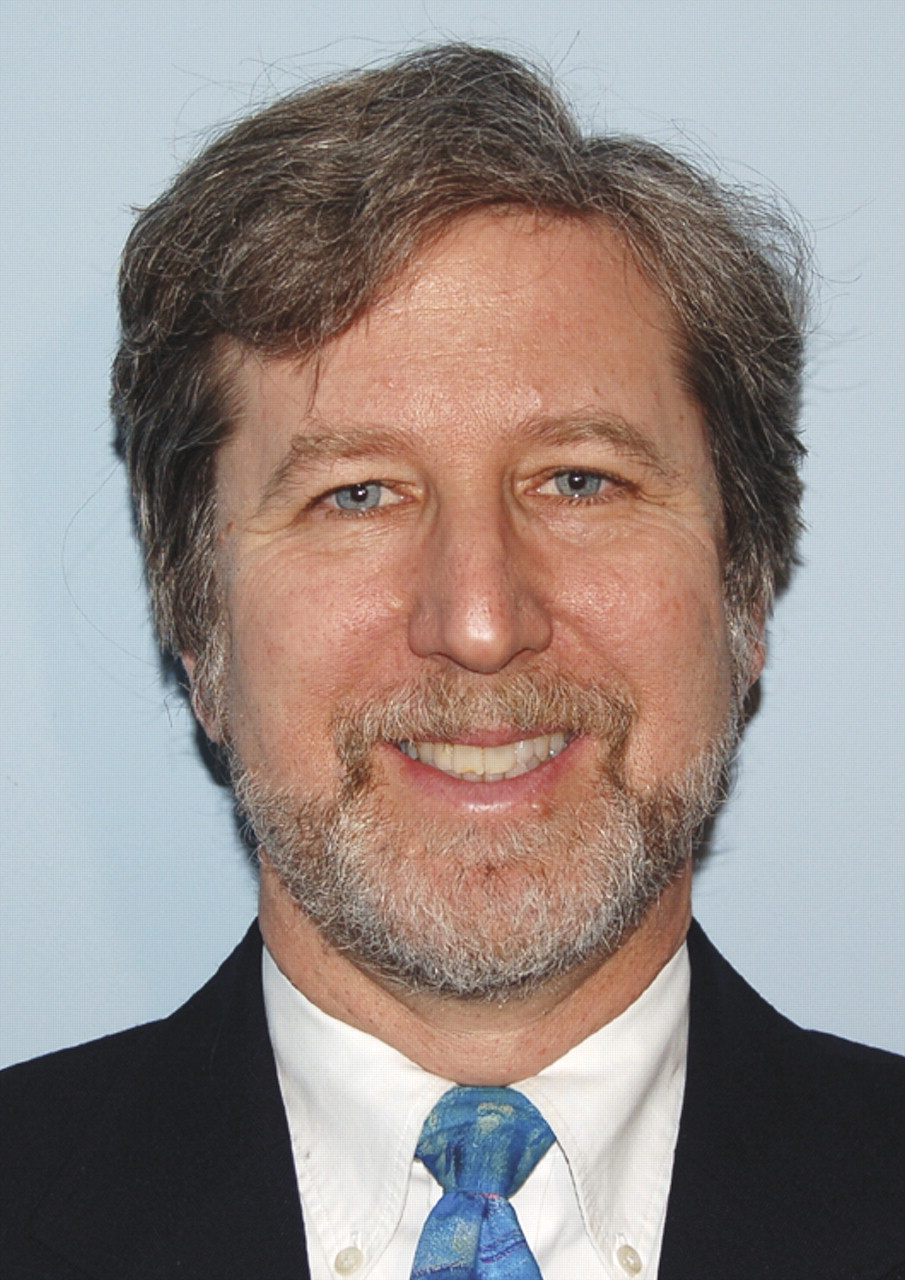The Vermont legislature rejected a measure last month to establish a civil-commitment program for people convicted of sex crimes, legislation that was overwhelmingly opposed by Vermont psychiatrists.
By a vote of 77-59, the Vermont House rejected an attempt to add the program as an amendment to legislation aimed at toughening penalties and expanding prosecution of sexual offenders. The bill (H 856) would have increased minimum sentences for people convicted of sexual assault and included the possibility of a life sentence for these crimes.
The legislation also would have also made treatment programs available to virtually all sexual offenders.
The heavily debated amendment would have allowed the state to keep already incarcerated people in custody after their sentence is over through civil commitment, if they are deemed a significant risk to the public's safety.
Treatment Not Main Goal
“The purpose of this was to find a way to keep people locked up who had completed their jail terms,” said Jonathan Weker, M.D., who is the Vermont Psychiatric Association (VPA) representative to the APA Assembly and helped lead opposition to the measure. “This is a misuse of a process long used to treat people with mental illness.”
The measure was opposed by 95 Vermont psychiatrists who signed a petition against the proposal that was presented to legislators the morning of the vote.
The program lumped multiple patient populations together, including those with antisocial personality disorder, who may not benefit from such treatment. It also blurred the distinction between mental illness and criminal behavior, Weker said.
The measure's sponsor, Rep. Tom DePoy (R), said the program was needed to address violent sexual offenders scheduled to be released in a few years, he told local media.
The measure stemmed, in part, from the highly publicized Vermont case of a man convicted of molesting a girl for four years beginning when she was age 6, who a judge sentenced to only a 60-day minimum sentence. Following nationwide outrage and calls by the governor for his resignation, the judge amended the sentence to three to 10 years.
The sexual offender legislation was discussed by legislators last year but picked up momentum when Gov. Jim Douglas (R) threw his support behind creation of a civil-commitment program for sexual offenders.
“Vermont must take another important and necessary step by ensuring that the most dangerous and violent sexual offenders are not released into our communities until, and unless, there has been a determination that the offender does not pose a danger to the public,” Douglas said in a statement. “That is exactly what a civil-commitment statute would do.”
The program created by the amendment would have been much more limited than one proposed by Douglas, which would have made sexual offenders as well as other violent offenders eligible for civil commitment.
Psychiatrists were joined in their opposition to the program by a coalition led by the American Civil Liberties Union (ACLU) of Vermont.
“The VPA petition was a big part of the reason we were able to stop this legislation.”
VPA Efforts Applauded
“The VPA petition was a big part of the reason we were able to stop this legislation,” Allen Gilbert, executive director of the ACLU of Vermont, told Psychiatric News.
If enacted, the program could face a constitutional challenge, according to the ACLU branch, because the U.S. Supreme Court ruling in Kansas v. Hendricks allowed involuntary civil commitment for sexual offenders if the main goal is treatment of an offender's proven mental illness. If a program's goal is simply an extended jail sentence, it fails the constitutional test.
The Vermont proposal would have put the facility for holding involuntary committed sexual offenders at an existing prison, which implies the purpose of the program was incarceration rather than treatment.
In 1999 APA's Task Force on Sexually Dangerous Offenders reported that the treatment approach most likely to have an effect on recidivism is multimodal and combines pharmacological, cognitive, and behavioral treatments and relapse prevention (Psychiatric News, November 18, 2005). The task force issued a report that opposed the sexual predator laws that established postincarceration civil commitment because the laws misused psychiatry to detain a class of people for whom confinement rather than treatment was the real goal.
At least 16 states and the District of Columbia have laws allowing authorities to confine violent sexual offenders to psychiatric hospitals after their prison terms are over.
Other States Consider Changes
Several other state legislatures are considering measures to enact civil-commitment programs for sex ual offenders.
A California bill would expand the term of civil commitment from two years to five years. New York legislation would fund a new secure facility and treatment programs for sexual predators upon their prison release. A Virginia bill would expand the list of crimes qualifying as sexually violent offenses and make perpetrators of such crimes eligible for civil commitment.
Nebraska legislation would increase the number of people eligible to go through the state's civil-commitment process. A South Dakota bill would establish a civil-commitment procedure for people judged to be violent sexual predators, allowing them to be confined for treatment until they are deemed safe.
Kansas, which in 1991 became the first state to allow indefinite confinement of violent sexual predators for treatment after they have served their prison sentences, is considering measures to increase prison sentences for such prisoners. Those measures may lead to a major reduction in the use of civil commitment, according to local media.
The text of H 856 is posted at<www.leg.state.vt.us/docs/legdoc.cfm?URL=/docs/2006/bills/house/H-856.HTM>.▪

